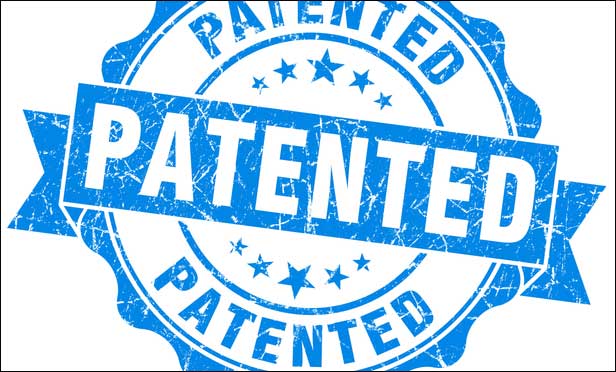It has long been recognized that all co-owners of a patent have an independent right to full ownership of the patent. This is somewhat akin to the real estate concept of tenants by the entirety. This principle has led to a number of procedural issues under Federal Rule of Civil Procedure 19 when one co-owner has refused to join a suit asserting a jointly owned patent. The U.S. Court of Appeals for the Federal Circuit recently addressed this issue with respect to involuntary joinder under Federal Rule of Civil Procedure 19(a) and affirmed the right of one co-owner to impede another co-owner’s patent infringement suit in STC.UNM v. Intel, 2014 U.S. App. LEXIS 10524 (Fed. Cir. June 6, 2014). The relevant language of Rule 19(a) reads: “(a) Persons required to be joined if feasible.
(1) Required party. A person who is subject to service of process and whose joinder will not deprive the court of subject-matter jurisdiction must be joined as a party if:
This content has been archived. It is available through our partners, LexisNexis® and Bloomberg Law.
To view this content, please continue to their sites.
Not a Lexis Subscriber?
Subscribe Now
Not a Bloomberg Law Subscriber?
Subscribe Now
LexisNexis® and Bloomberg Law are third party online distributors of the broad collection of current and archived versions of ALM's legal news publications. LexisNexis® and Bloomberg Law customers are able to access and use ALM's content, including content from the National Law Journal, The American Lawyer, Legaltech News, The New York Law Journal, and Corporate Counsel, as well as other sources of legal information.
For questions call 1-877-256-2472 or contact us at [email protected]



